Rainforests of australia Cut Out Stock Images & Pictures Alamy
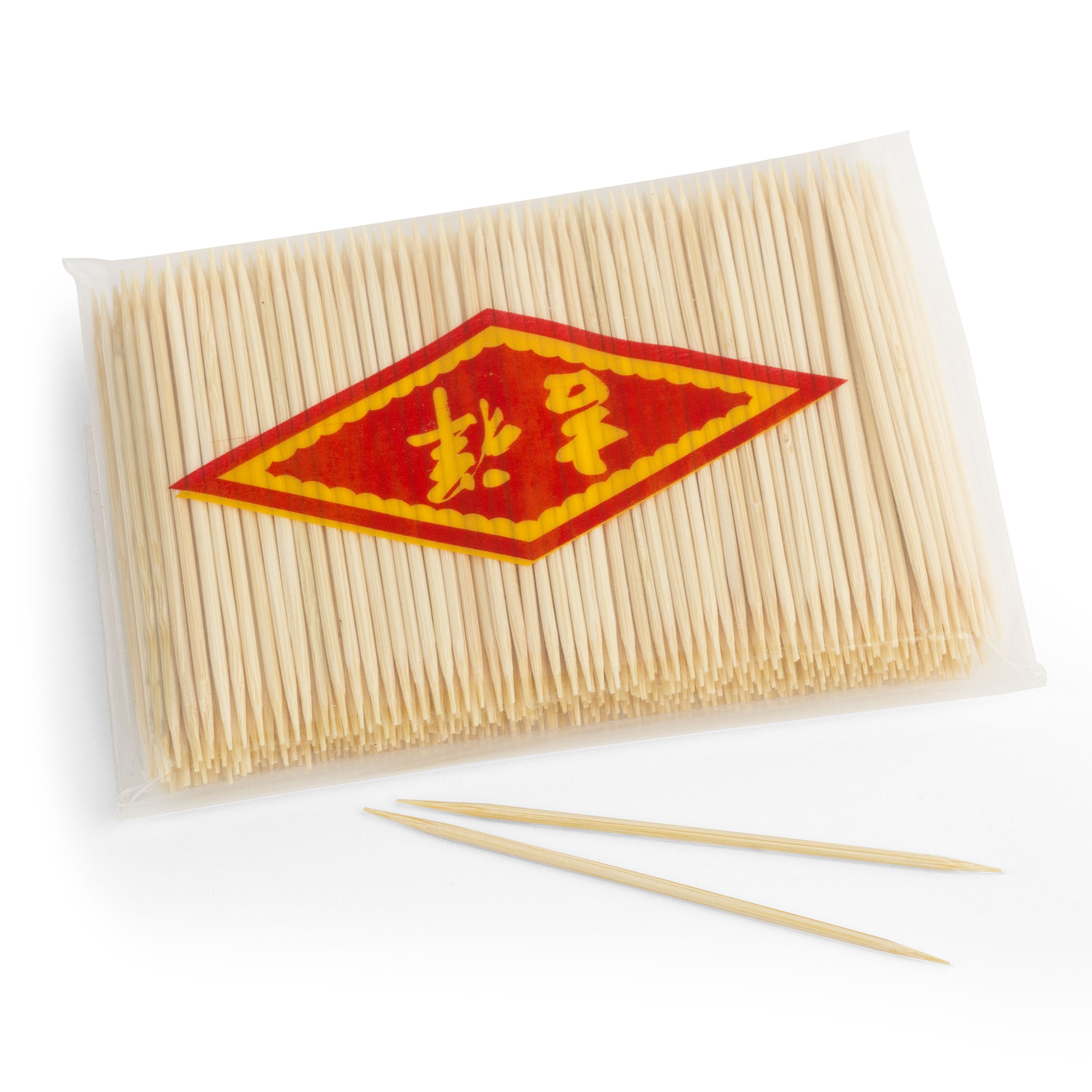
Bamboo Repair Picks StewMac
What is Bamboo? On the opposite end of the spectrum lies bamboo, a remarkable grass variety that thrives in various corners of the world. This renewable resource has garnered immense popularity for its eco-friendly credentials, frequently finding its way into the production of cutting boards.
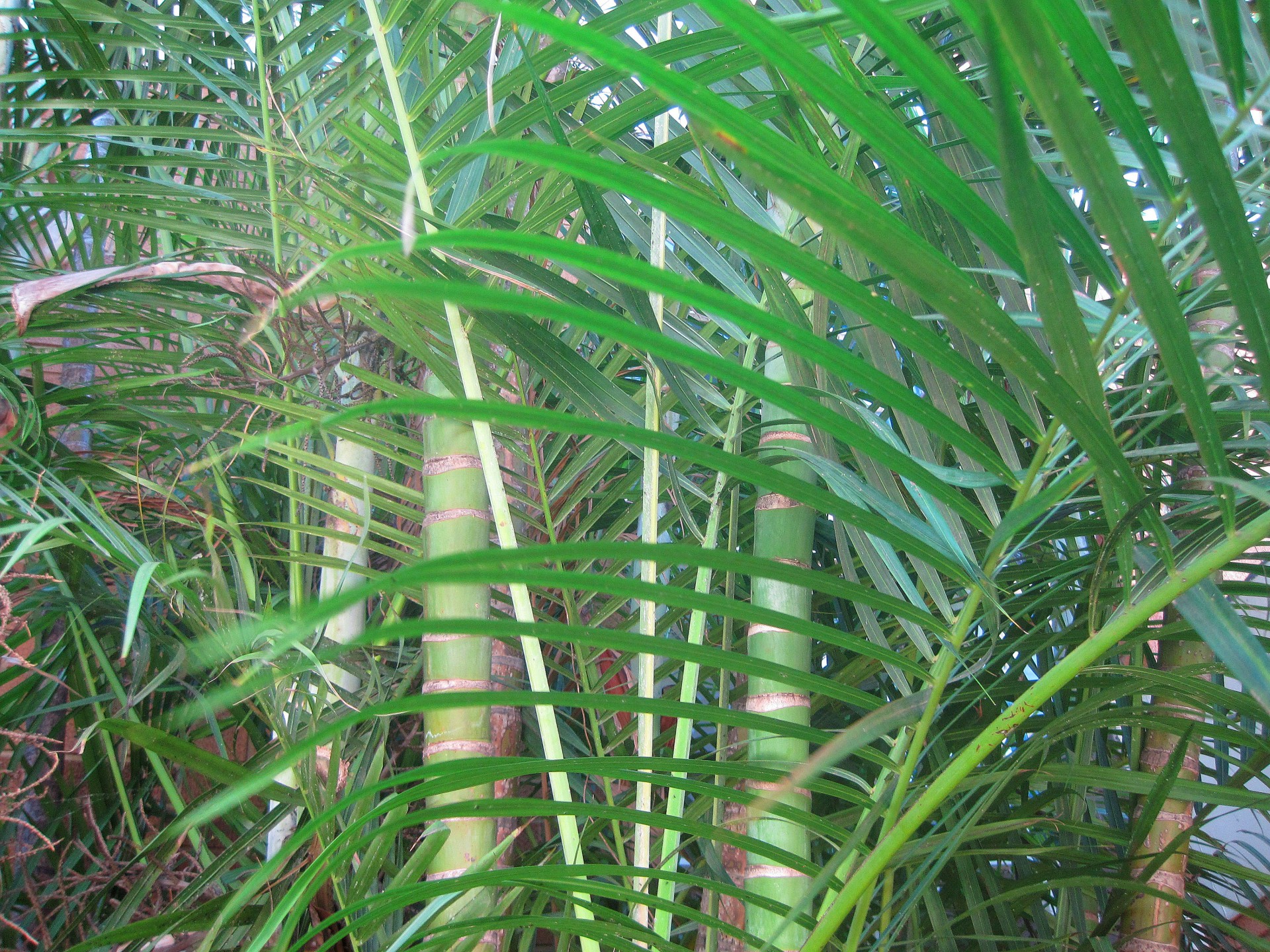
Palm Type Bamboo Free Stock Photo Public Domain Pictures
Bamboo Cutting Board [7 Differences Explained] Acacia Vs. Bamboo Cutting Board [7 Differences Explained] By Lucky Das | Updated On December 31, 2022 Choosing between acacia and bamboo cutting boards can be perplexing. In fact, the decision is as puzzling to home chefs as it is to professional food preparers. But not any longer!
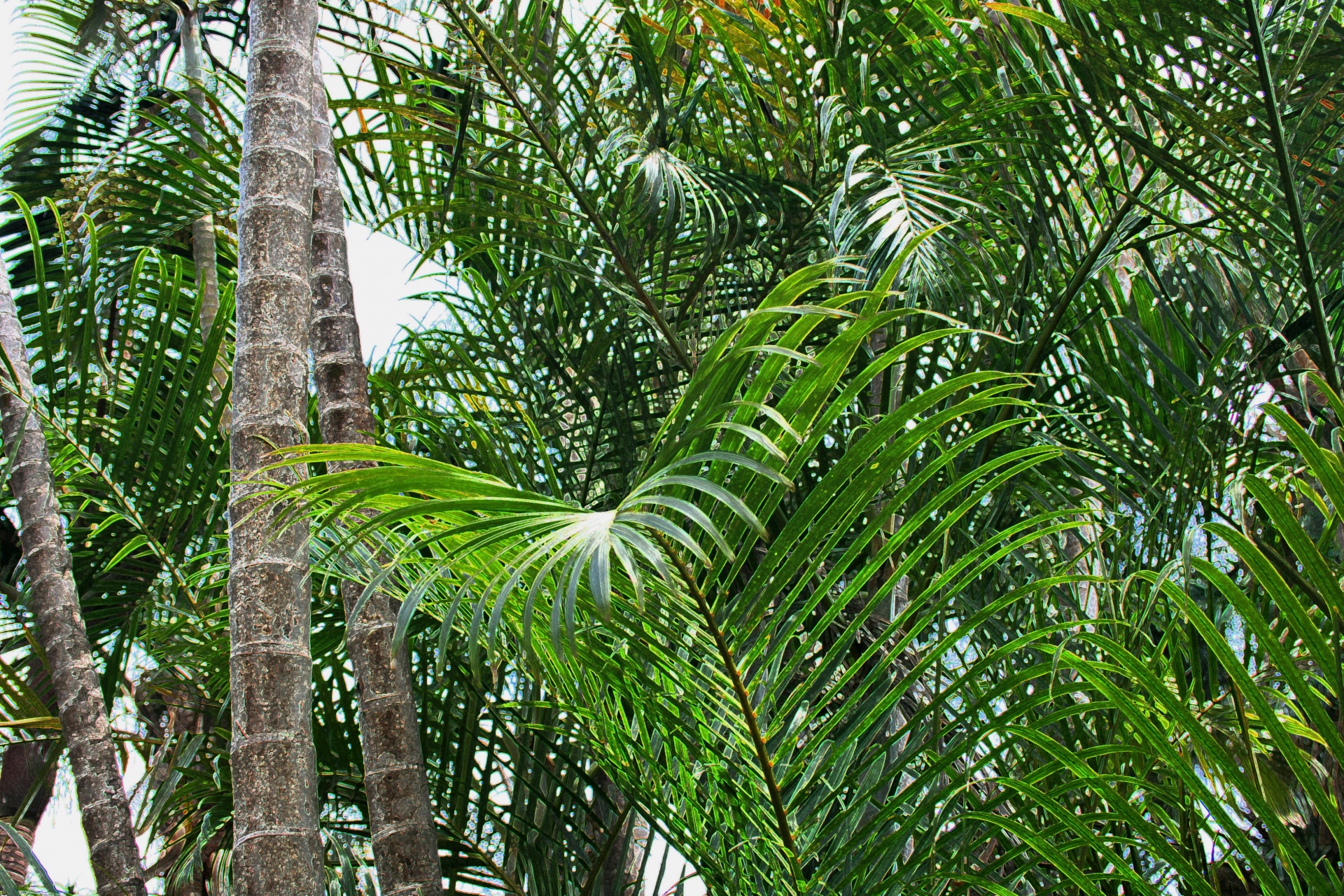
Palms And Bamboo Free Stock Photo Public Domain Pictures
The main difference between bamboo and wood cutting boards is what is known as porosity. Bamboo is considered a grass and is slightly more porous, making it harder to clean yet stronger than a wood cutting board. Prepping food in your kitchen without a cutting board and a knife can be virtually impossible.

Acacia Wood VS Bamboo Wood WoodTours Wood Tours
1. Karryoung Acacia Wood Cutting Board: This is is made of high quality and well-furnished wood, which is brown, and the length, height, and width of this equipped are 17*0.6*7 inches.
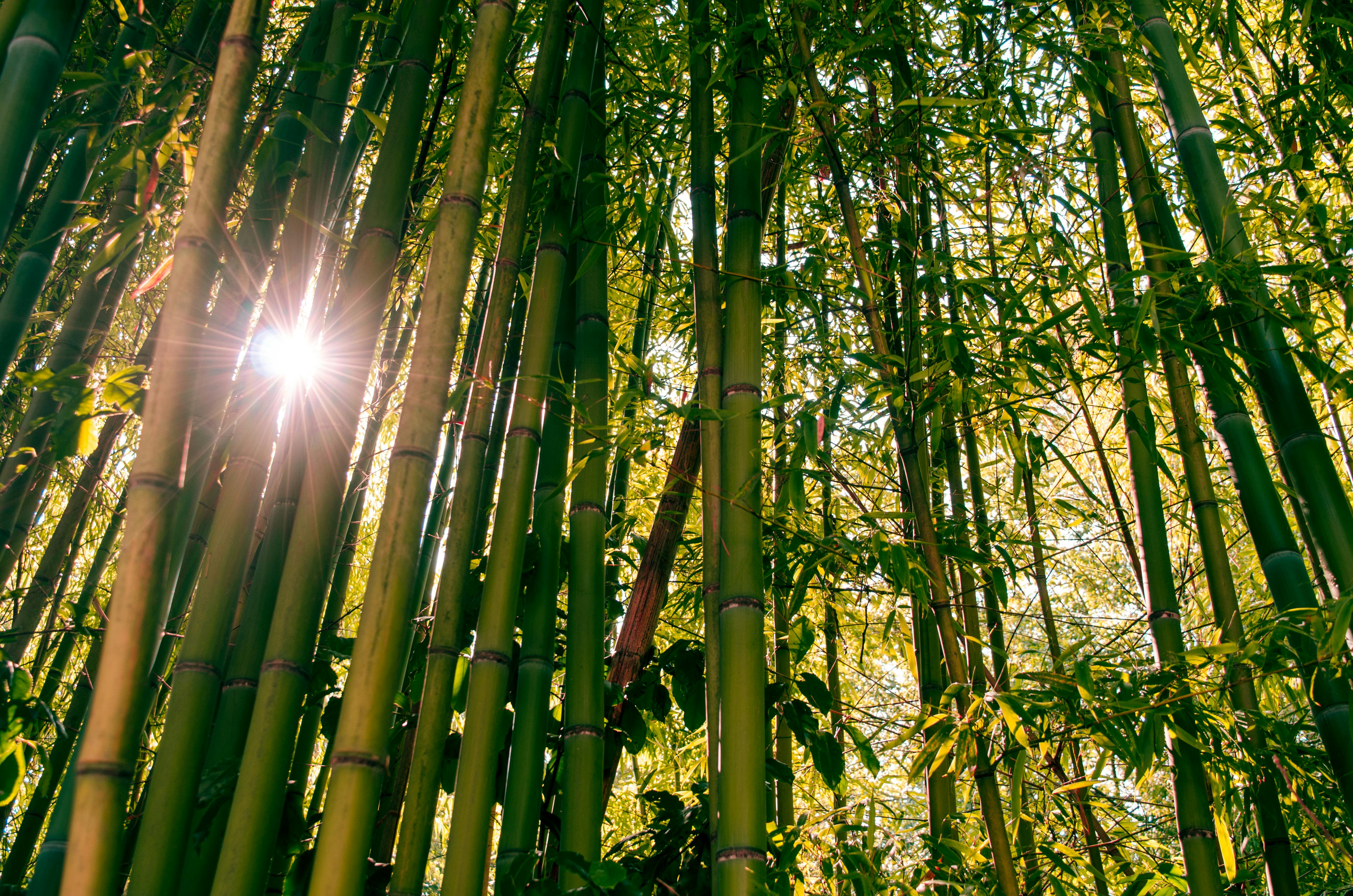
Free stock photo of bamboo, bamboo trees, forest
Acacia is a great material to consider for cutting boards because apart from the wooden and organic design elements, it is also known to be non-toxic. This material is considered an eco-friendly and sustainable option.
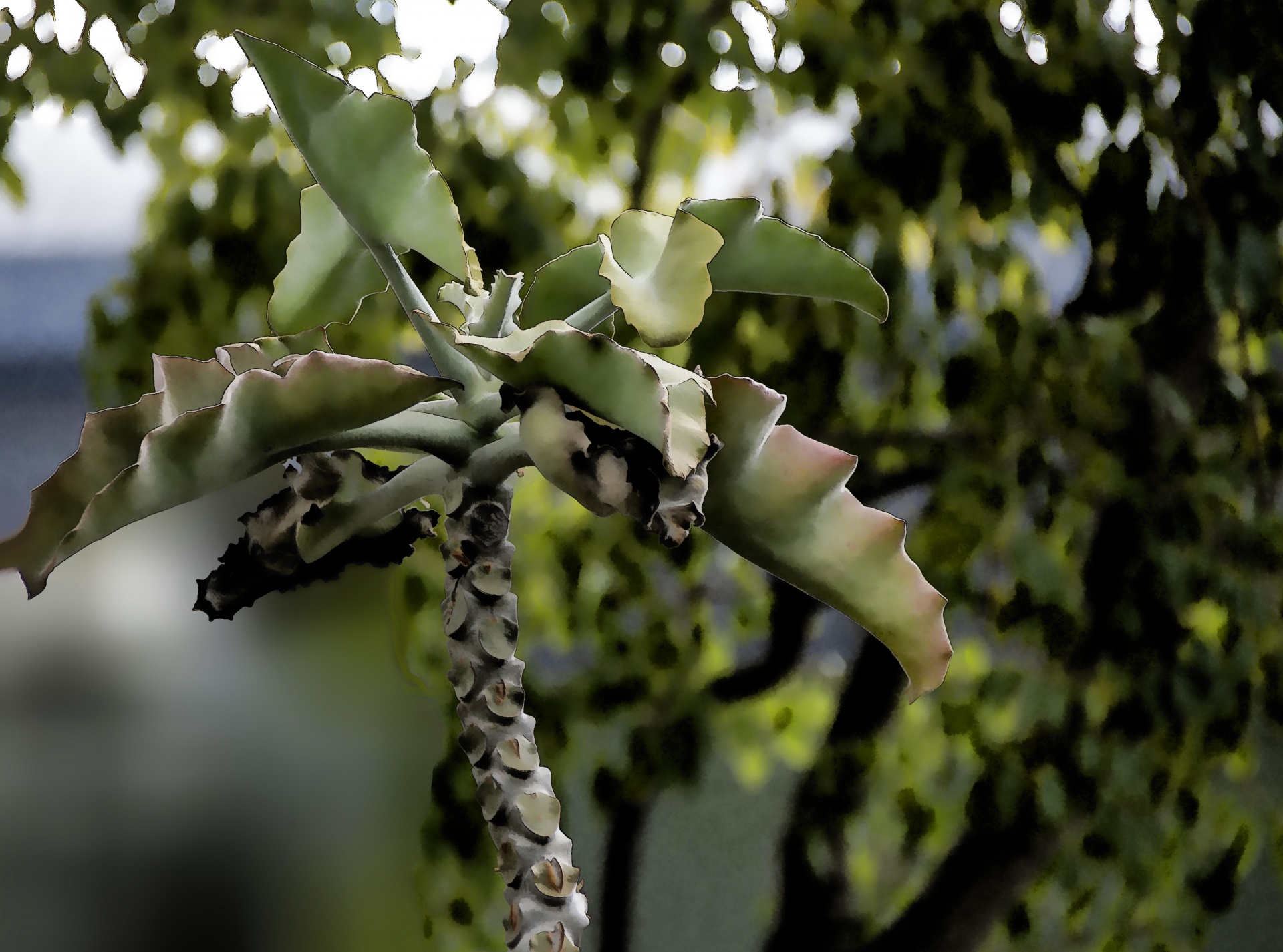
Bamboo Tree Free Stock Photo Public Domain Pictures
Bamboo, a native plant to tropical regions with heavy rainfalls, grows much faster than hardwood and has a different cellular structure. You might think this makes bamboo flooring impervious to water, but that's not the case. Unsealed bamboo can be discolored and damaged by water, just like hardwood. Margot Cavin / The Spruce
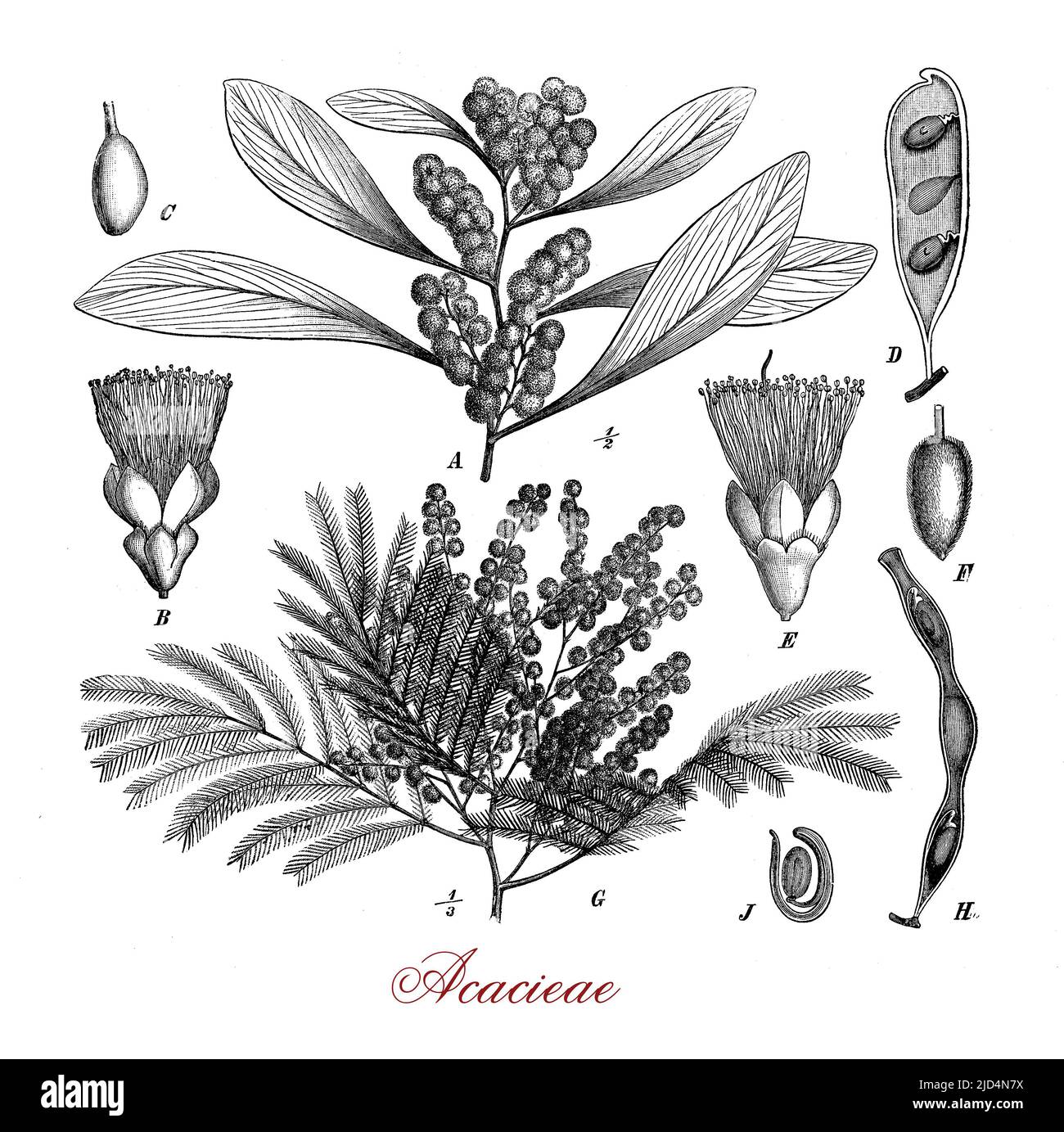
Rainforests of australia Cut Out Stock Images & Pictures Alamy
Unlike bamboo however (which is technically a "grass"), acacia is a genuine hard wood rich with natural oils that gives it a natural water resistance. Bamboo on the other hand resists water due to the density of the wood instead of oils, which means knives will dull faster on bamboo vs acacia or other hard woods.
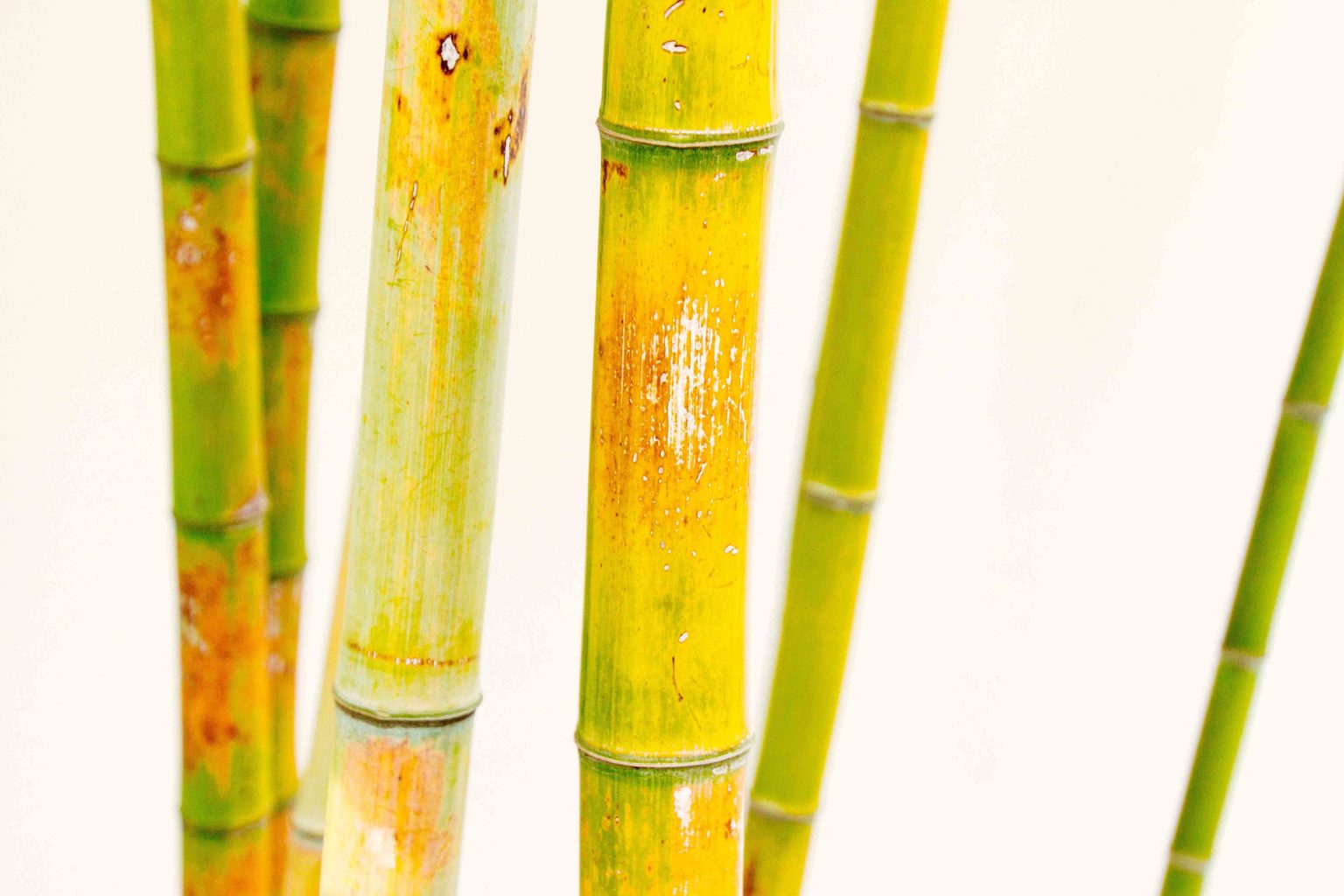
Bamboo vs. Plastic Why is bamboo better? Zero Waste
The biggest difference between acacia and bamboo is that acacia is harder and more durable than bamboo. That's why it's used in everything from kitchen cabinets to flooring to musical instruments. Because acacia is such a hardwood, it's also less likely to warp or crack over time.
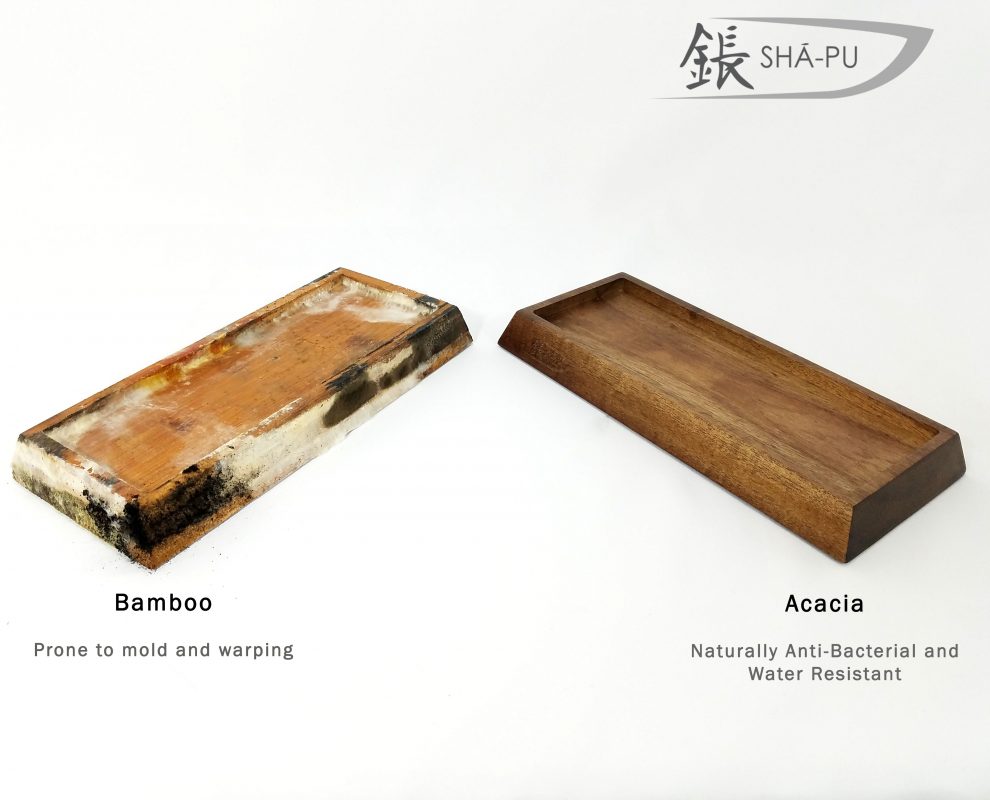
The Acacia Wood Difference Why We Choose Acacia ShaPu
Mar 14, 2022 Which Cutting Board Material is Best Cutting boards are a staple in most kitchens these days, known for their effective ability to keep your benchtops safe from cuts and scratches as you prepare food. They're also useful for keeping your knives sharp, as an abrasive surface can blunt their edges and make them useless.
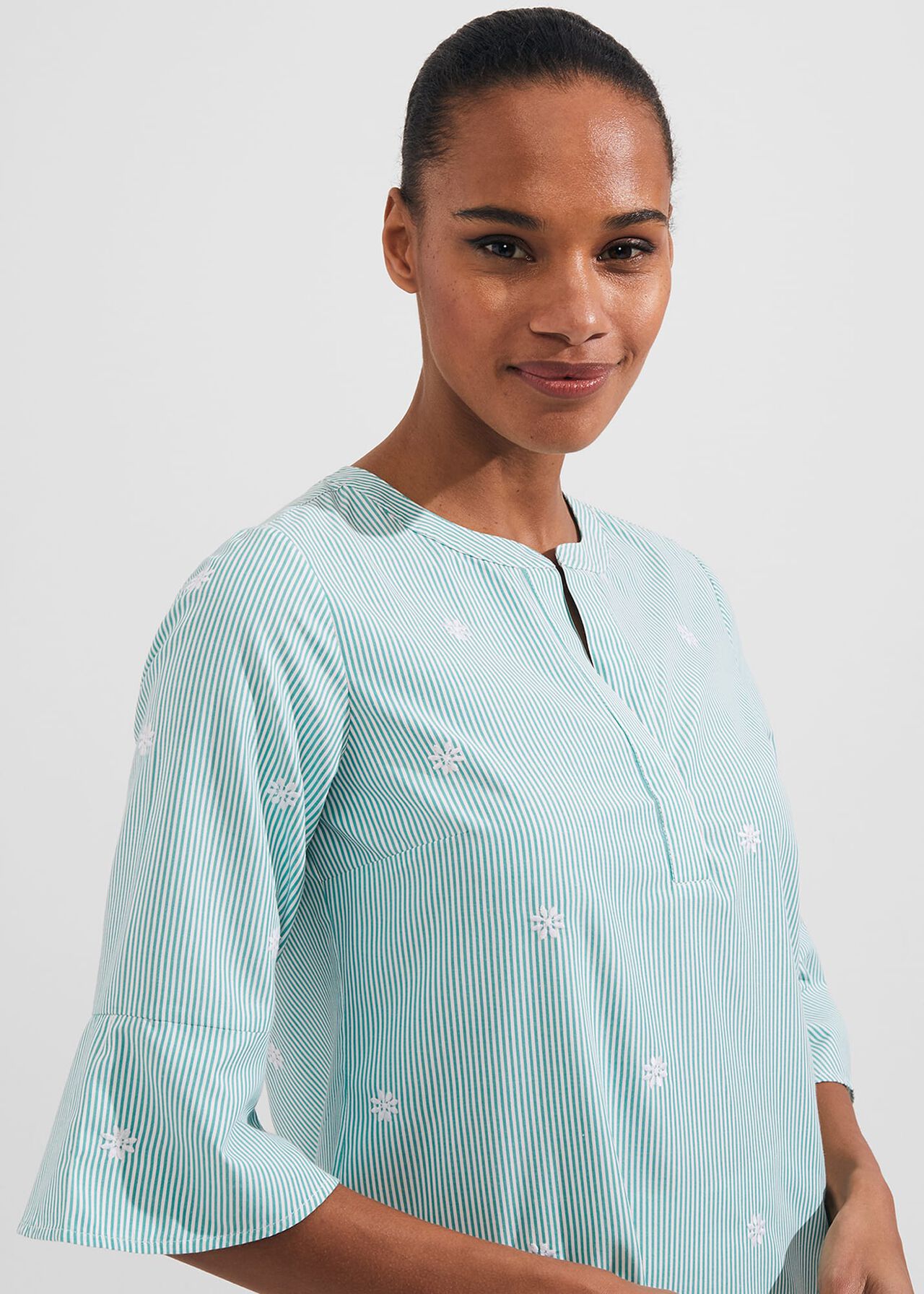
Acacia Top
In this video, we dive into the world of cutting boards as we compare the popular choices: Acacia and Bamboo. Join us as we explore the characteristics, bene.
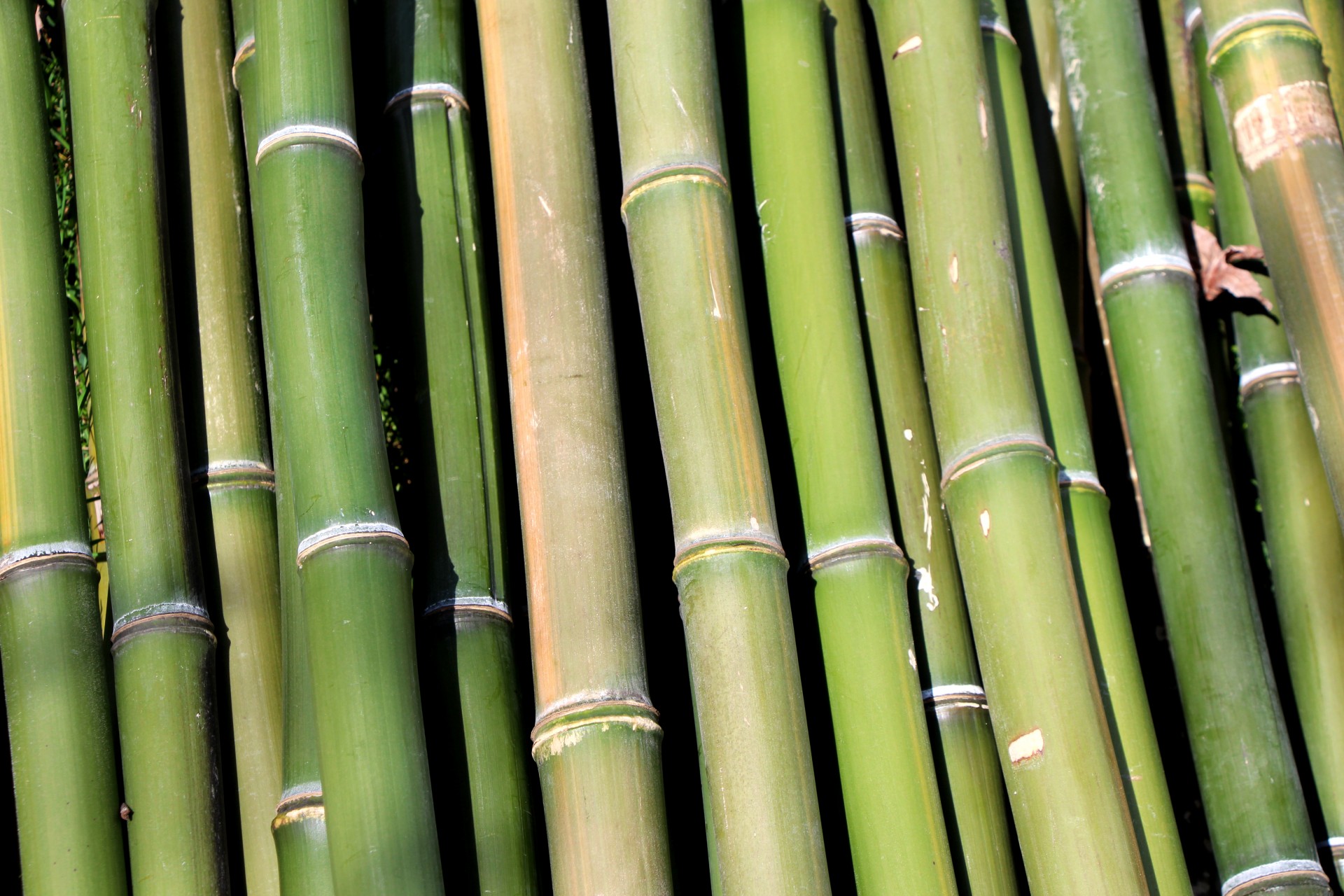
Green Bamboo Free Stock Photo Public Domain Pictures
Acacia meets all the requirements when considering food safety for a cutting board. Just watch out for a knotty piece of acacia as this can prove hazardous for food hygiene.. while other materials such as bamboo or ironbark would. Appearance. A key advantage of using acacia for a cutting board is its visual appearance. This type of wood is a.
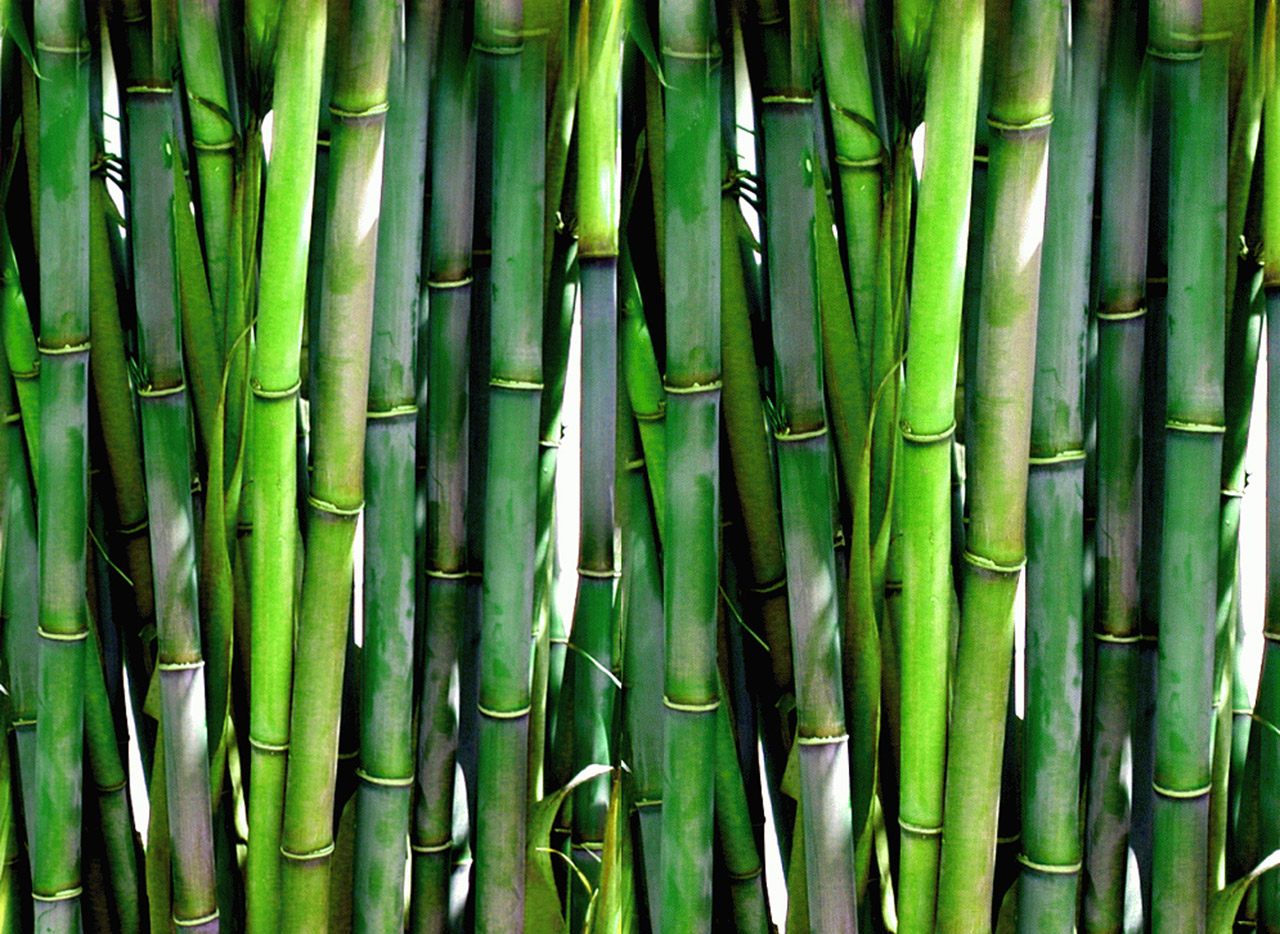
Bamboo Free Stock Photo Public Domain Pictures
Bamboo Cutting Board [7 Differences Explained] Well both acacia and bamboo are great material for cutting boards. However, it depends on your choice which one to…

Bamboo vs. Cotton Is Bamboo as Breathable as Cotton? PlantHD
Contents hide 1 Acacia vs Bamboo 1.1 Acacia vs Bamboo: Features 1.1.1 Acacia Strength 1.1.2 Natural Anti-Bacterial Properties 1.1.3 Exotic Wood Grain 1.1.4 Eco-Friendly & Sustainable 1.2 Acacia vs Bamboo: Bamboo Features 1.2.1 Appearance 1.2.2 Durability 1.3 Bamboo vs Acacia for Cutting Boards 1.3.1 Best Bamboo Cutting Boards
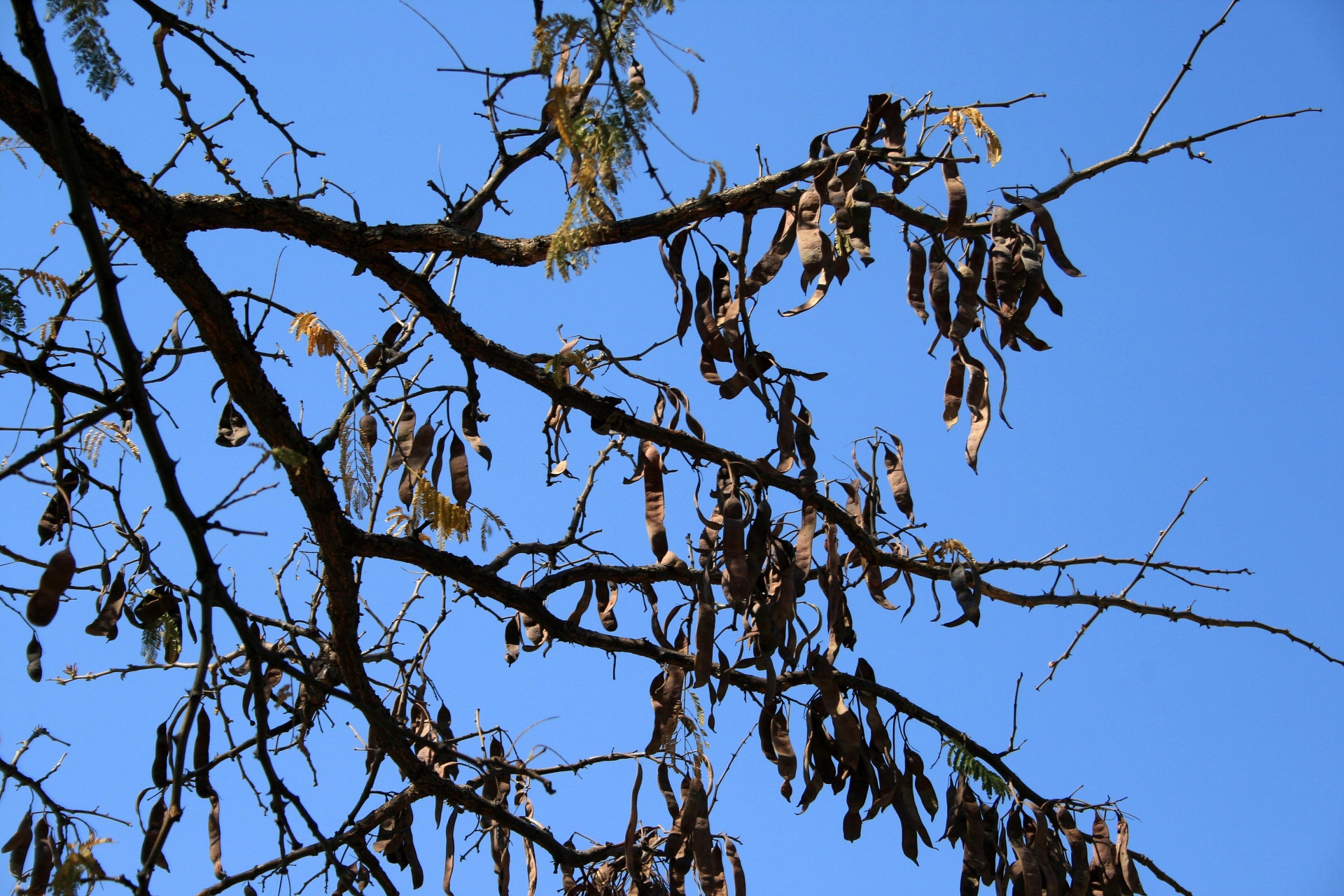
Acacia Tree With Pods Free Stock Photo Public Domain Pictures
Amazon (24" x 18") $87. WebstaurantStore (20" x 14") $87. John Boos (20" x 14") When it comes to the best wood cutting boards, you can't get much better than a Boos Block. The brand's high.
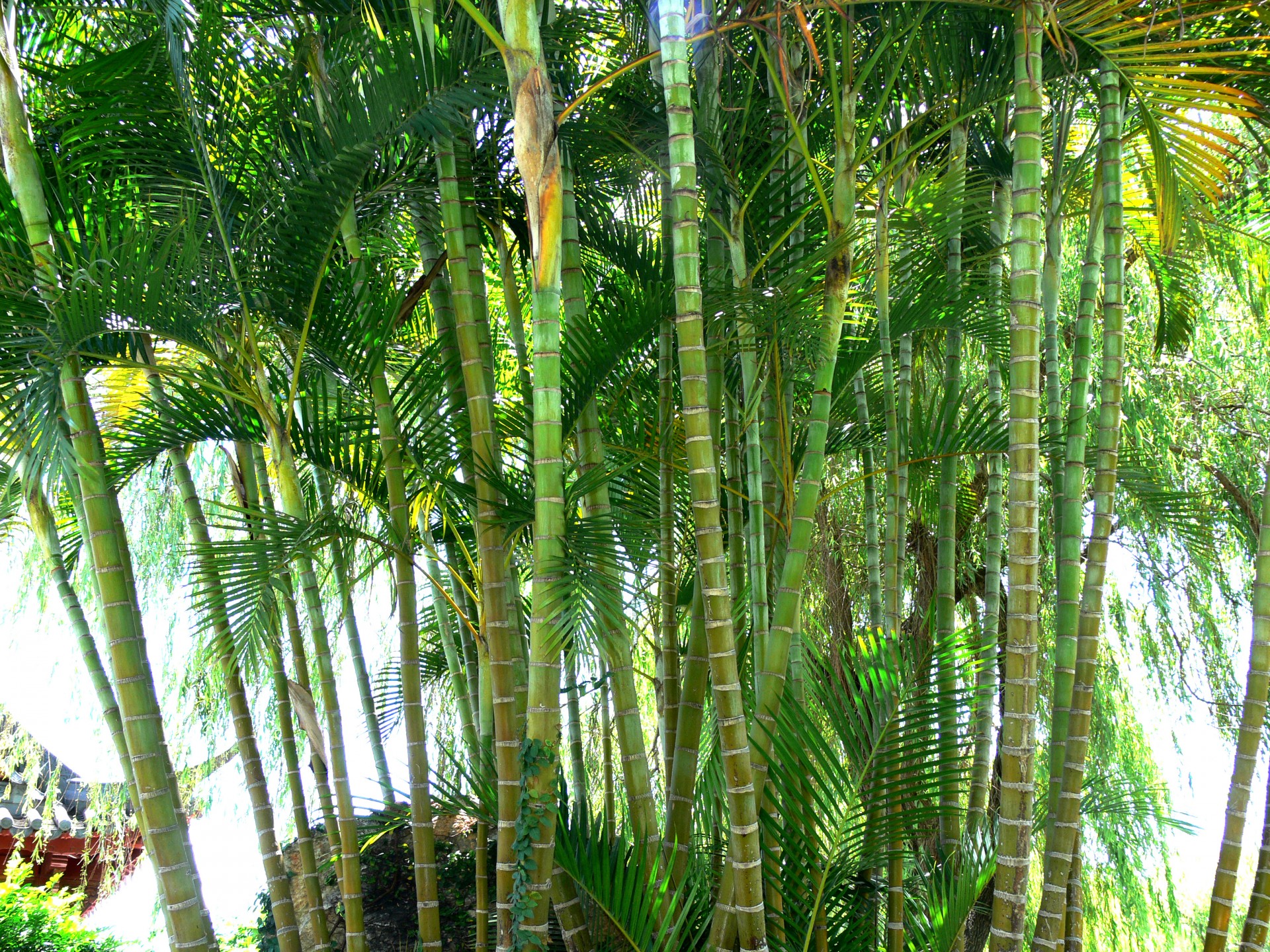
Bamboo Grove Free Stock Photo Public Domain Pictures
There is no shortage of materials: acacia, teak, maple, bamboo, walnut—even Japanese cypress! Use the guide below to decide what type of wood is right for your kitchen. Then, follow our tips for expert cutting board care. What Is the Best Wood for Cutting Boards? The Taste of Home Test Kitchen has use every type of wood cutting board on the market.
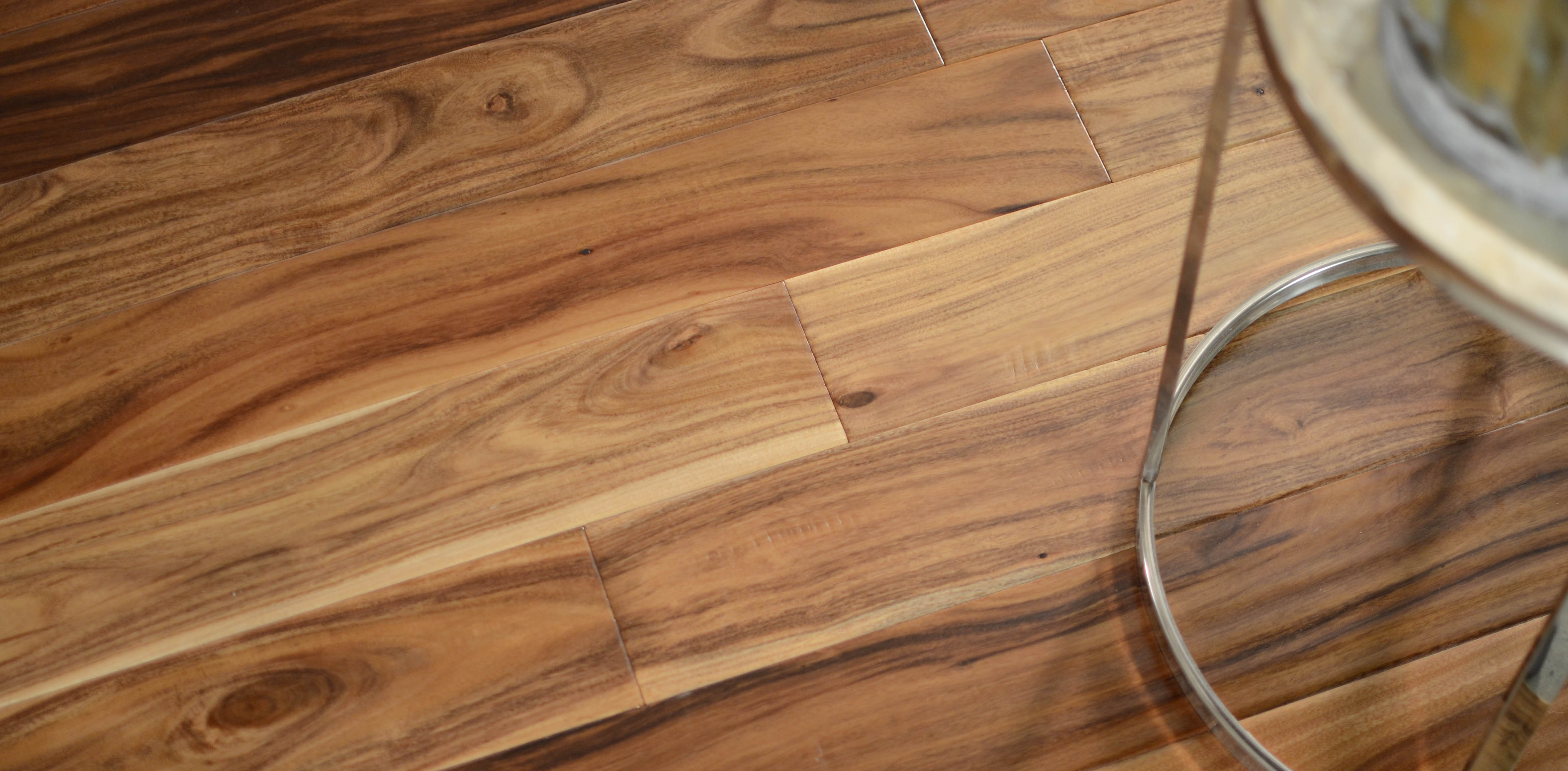
Acacia FRED11425ACA Prefinished, engineered hardwood flooring
Acacia is a hard and dense wood, while bamboo is a strong, fast-growing grass. Both materials are durable and long-lasting, but they have different characteristics. Acacia is more resistant to scratches and knife marks, while bamboo is more resistant to moisture and water. Additionally, bamboo is more eco-friendly and requires less maintenance.